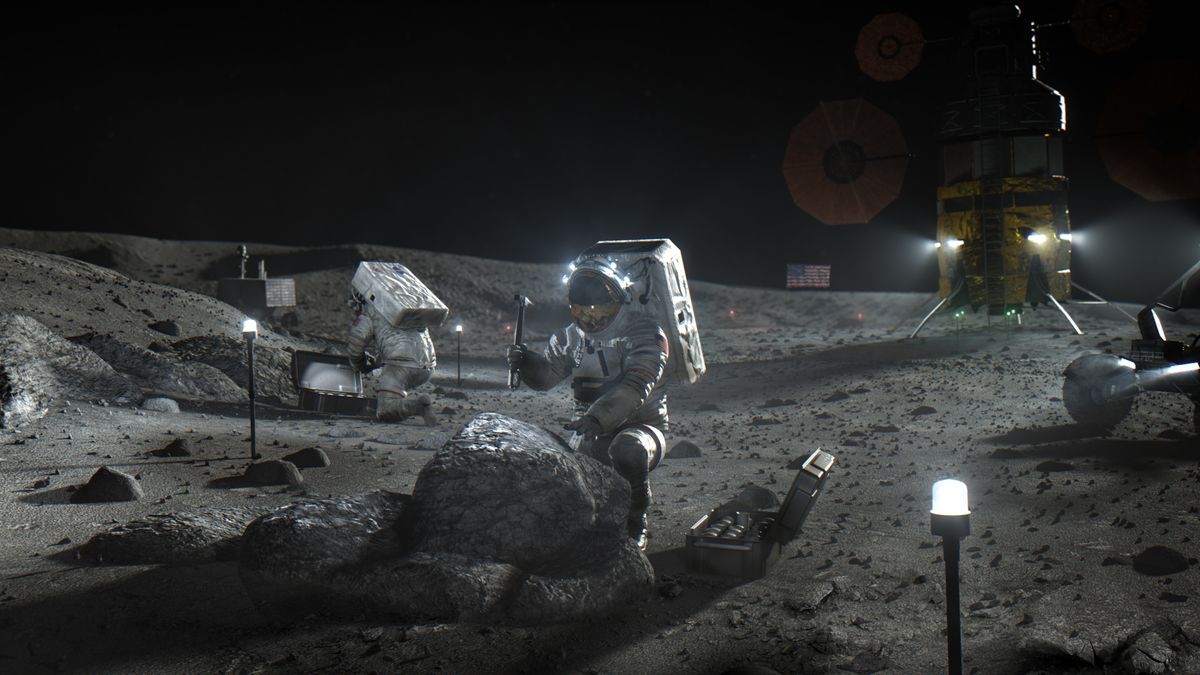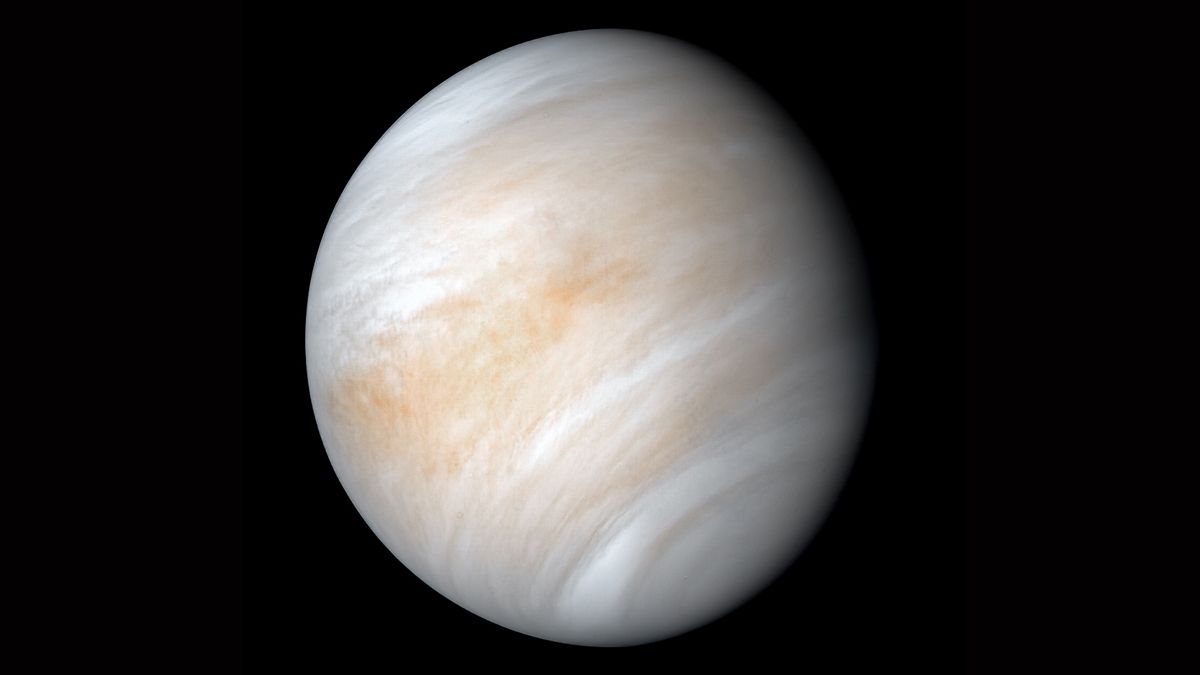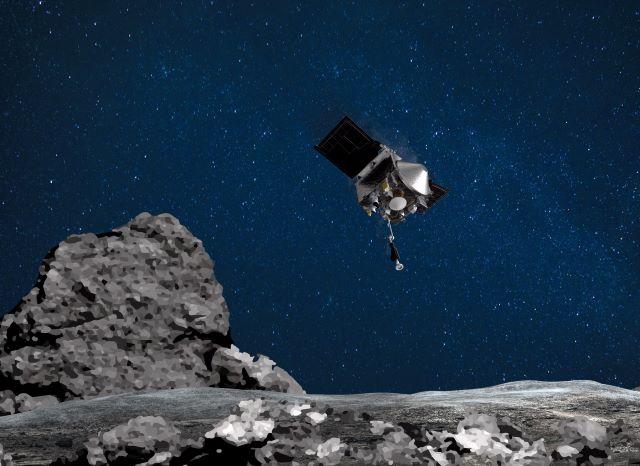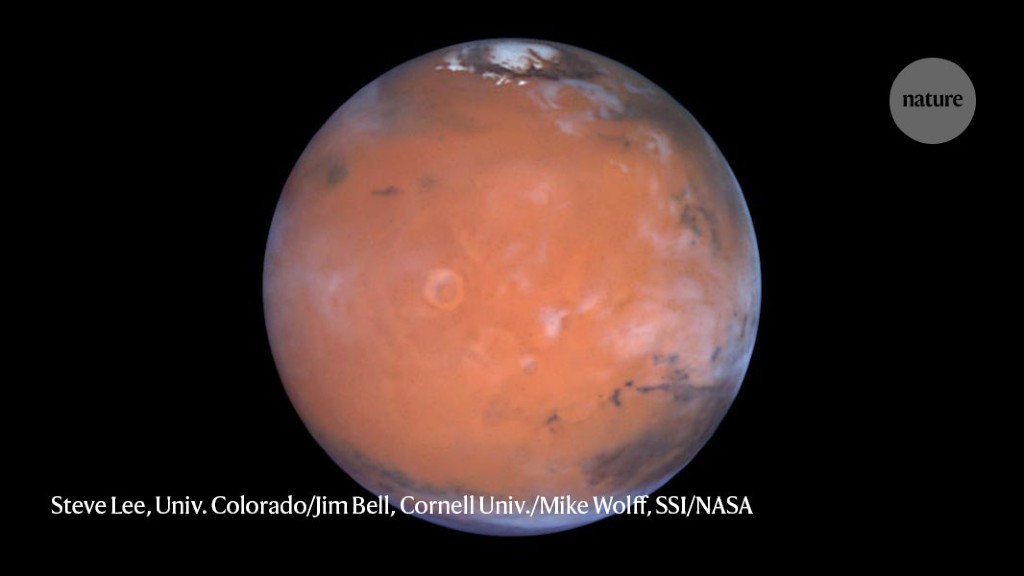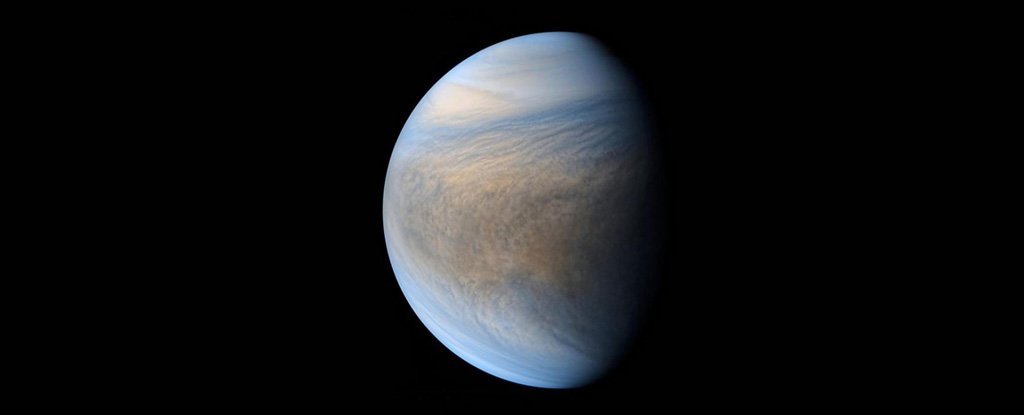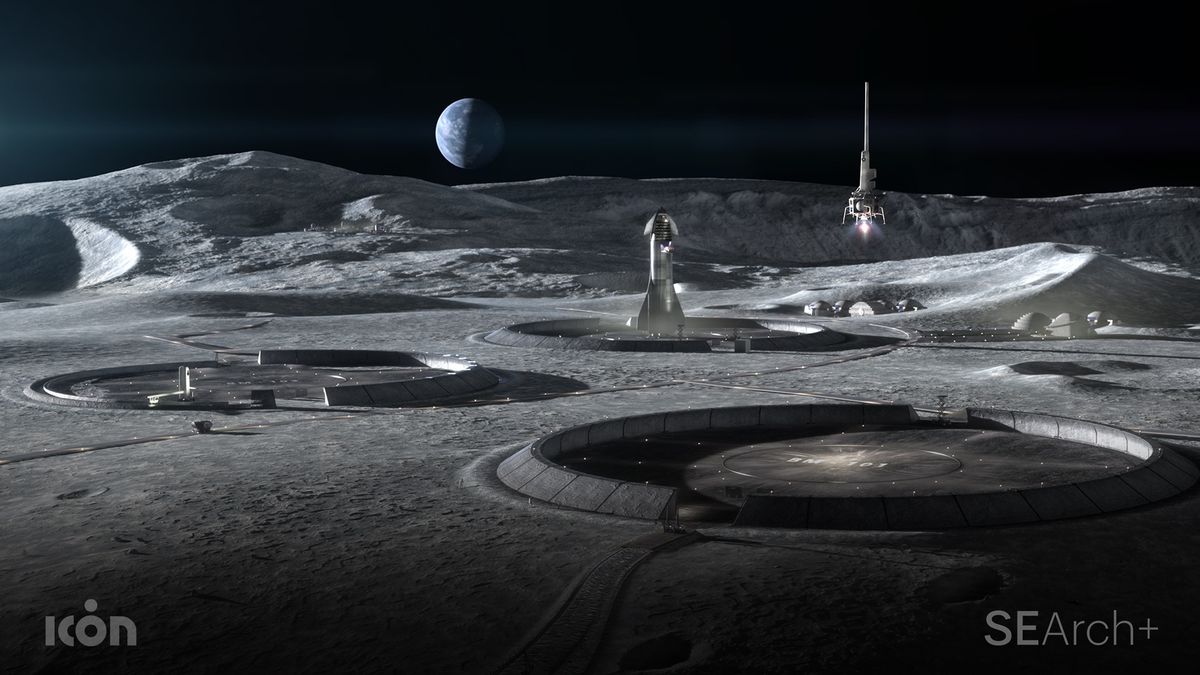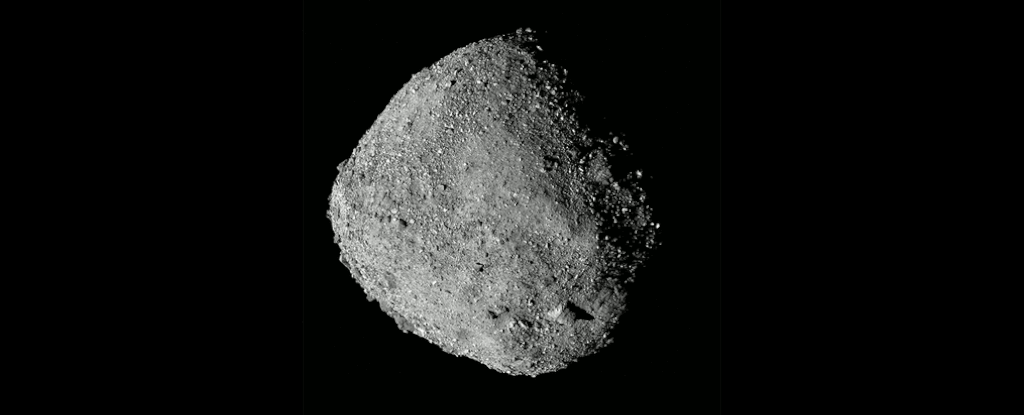eastisbest
Well-known member
considering the thread we're on.... An ideology maybe curbs a wide spread innovation but anyone can beat anyone if the field is narrow enough. And frankly, they don't exactly hesitate to just steal it. Neither do the Chinese.
Ideology plays for them in this case. I see them less hesitant to run the super soldier implanting lab than our government or our industrial clients. The morality restrictions are not there as they are here.
Ideology plays for them in this case. I see them less hesitant to run the super soldier implanting lab than our government or our industrial clients. The morality restrictions are not there as they are here.






